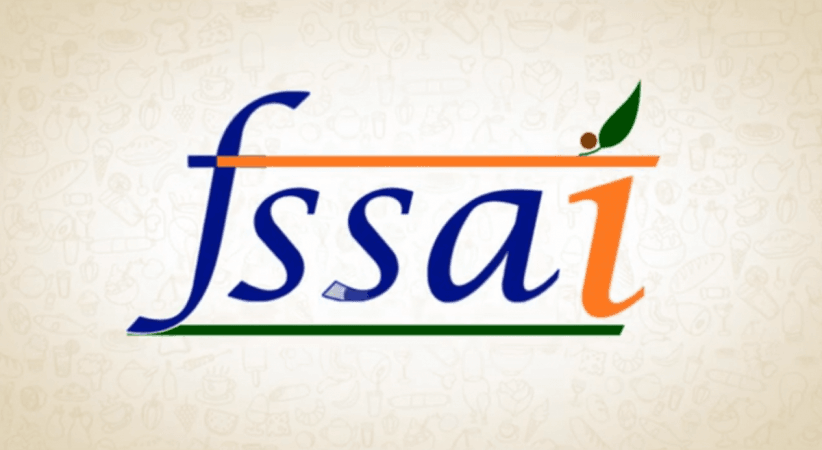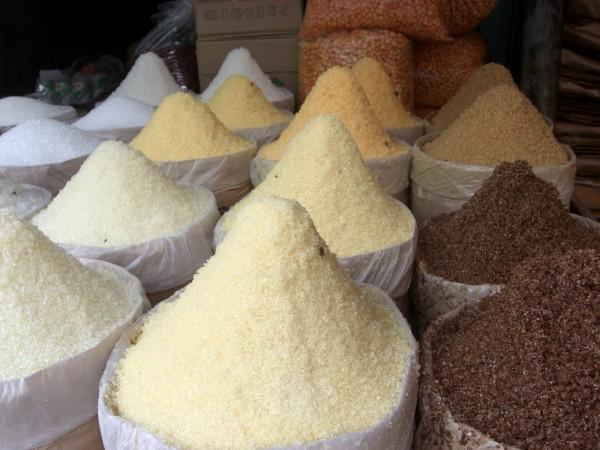Indian Sellers Collective, an umbrella body of trade associations and sellers across the country, expressed its opposition against front-of-the-pack labeling (FOPNL) regulations on the basis that it will adversely impact MSMEs and traditional Indian food manufacturers.
"The representative body has claimed that FOPNL will lead to ethnic Indian foods being classified as unhealthy, cause severe loss of business to MSME packaged food manufacturers and sellers and open the floodgates for western packaged food to capture the Indian markets," the association said in a statement released in November.
They recently tweeted, "If FOPNL is adopted, naturally made Indian food will be labeled unhealthy while reconstituted western food will be labeled healthy. This is an attack against Indian foods!!"

Under the proposed guideline, packaged food and beverages will be given star ratings based on their macro-nutrient profile. For example, if the food or beverage contains a higher content of saturated fat, sugar and/or sodium (salt), it would be classified as less healthy and would be given a low rating. In other words, the labels we usually see on the product will be made interpretative for consumers without even going into the details.
The official FOPNL policy framework aims to improve the understanding of consumers by using some form of nutri-score (rating system of 1 to 5 or a color spectrum that ranges from bright green to green, yellow, orange and red etc.) and force producers towards developing new healthier products or reformulating the existing products with healthier ingredients.
Since many traditional Indian cuisines are made using salt, sugar and fat as their primary source of ingredients, these items will be rated lower and labeled as unhealthy under the proposed star rating method, leading consumers to think them as not good for health.
Abhay Raj Mishra, Member & National Coordinator of Indian Sellers Collective, said, "The proposed FOPNL guidelines in their current form will classify more than 85% of Indian traditional food and snacks as unhealthy. The proposed star rating method is a copy and paste of voluntary guidelines issued in the western countries and not based on any scientific nutritional study of Indian foods."

The industry association believes multinational food giants might tweak the food's nutrient composition just to secure a better score, while traditional Indian food cannot be made with the substitution ingredients of salt, sugar and fat.
Shriram Baxi, General Secretary of Federation of All India Distributors Association (FAIDA), said, "India is a very diverse country having a variety of local cuisines and recipes relevant to local climatic condition and it will be disastrous to judge them by a uniform rating system such as Health Star Rating (HSR). There are rituals, traditions and local tastes associated with Indian food which need to be respected."

















